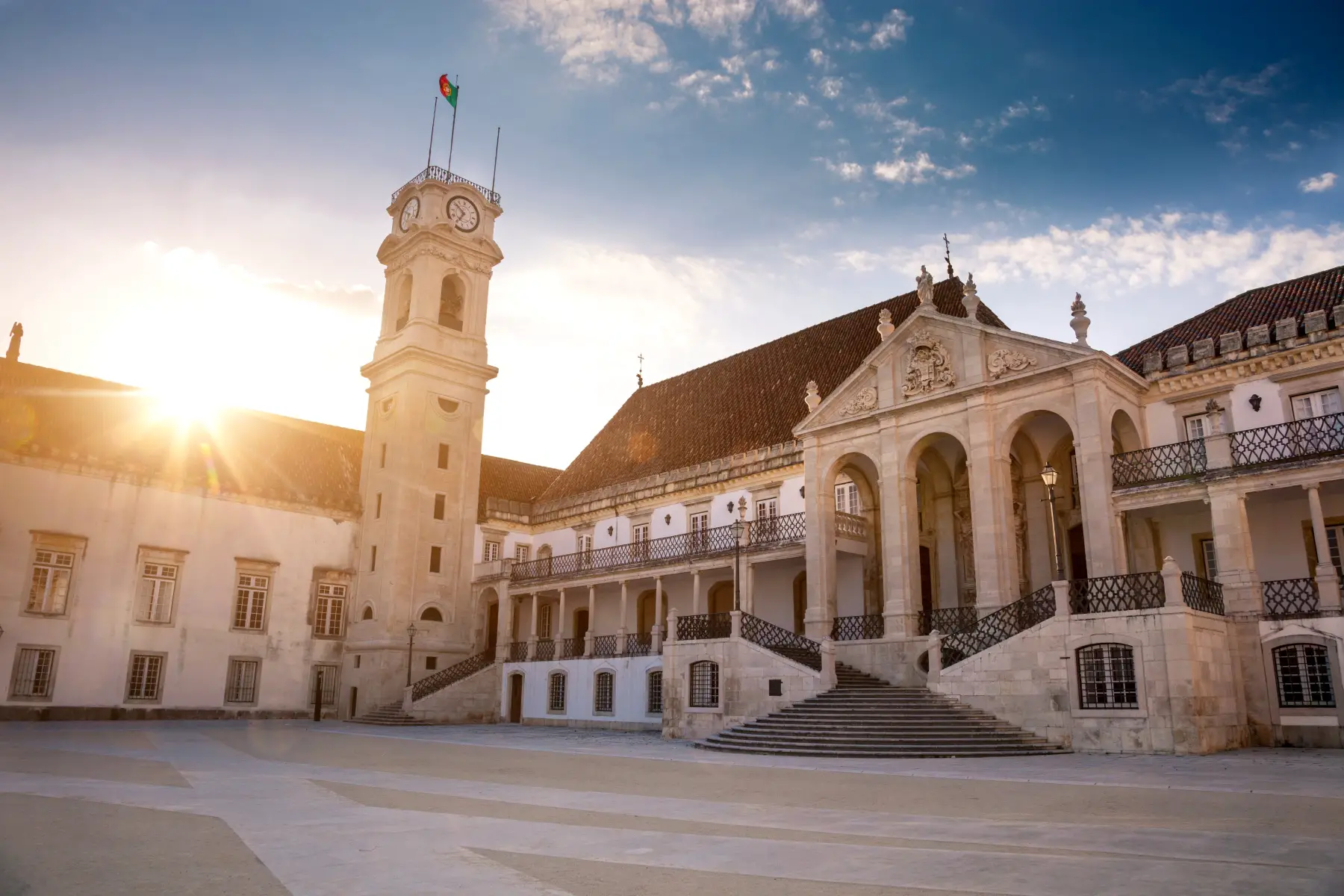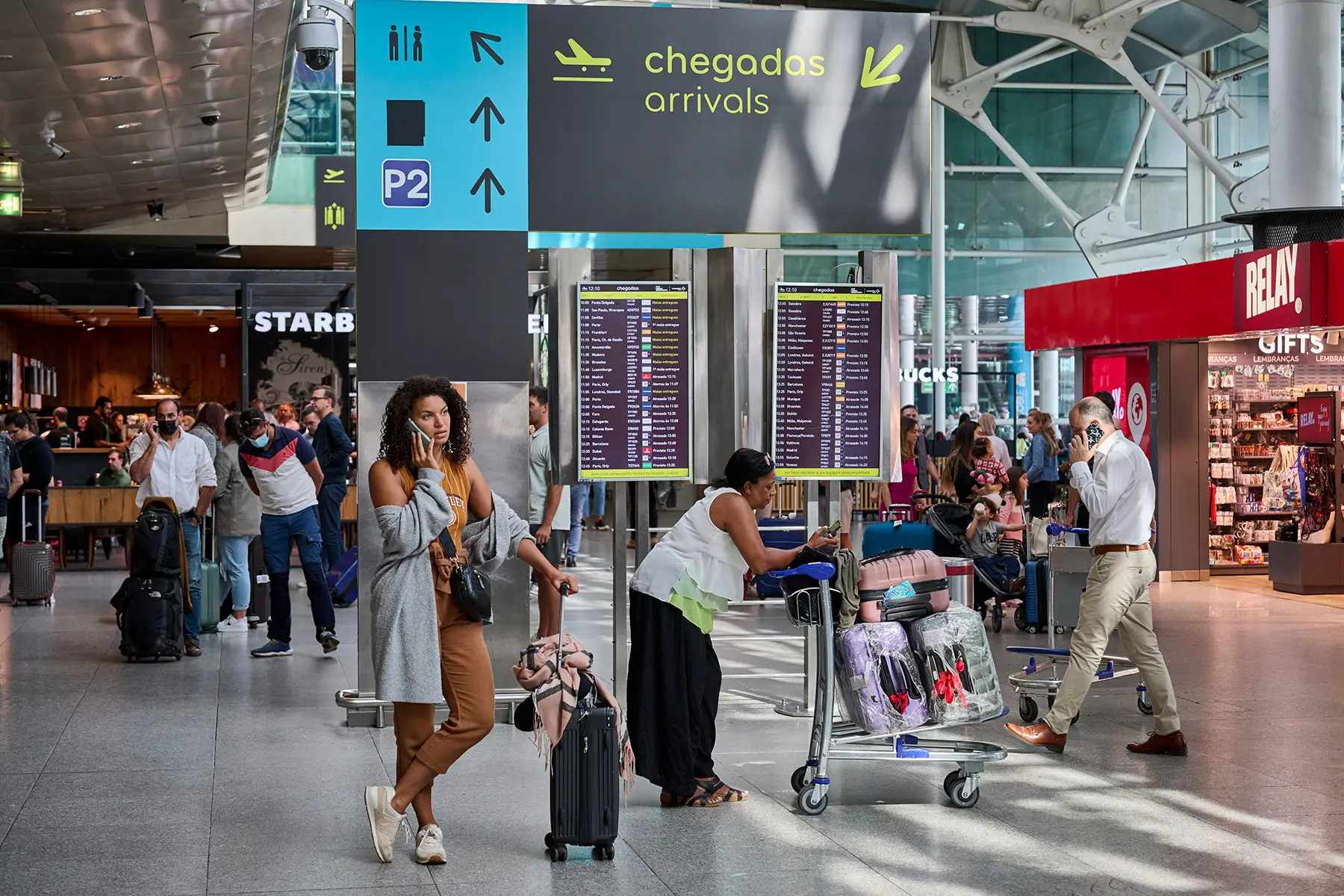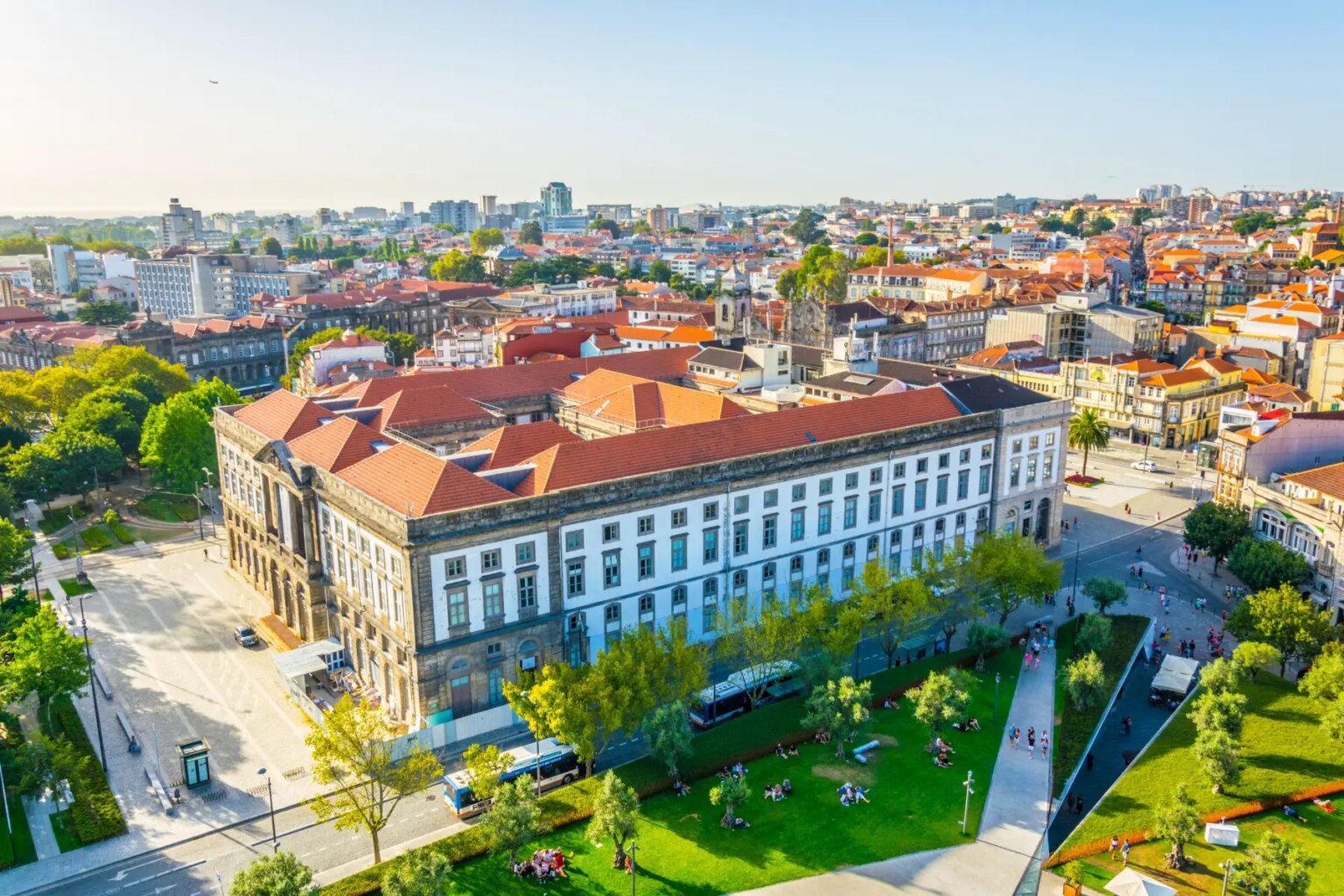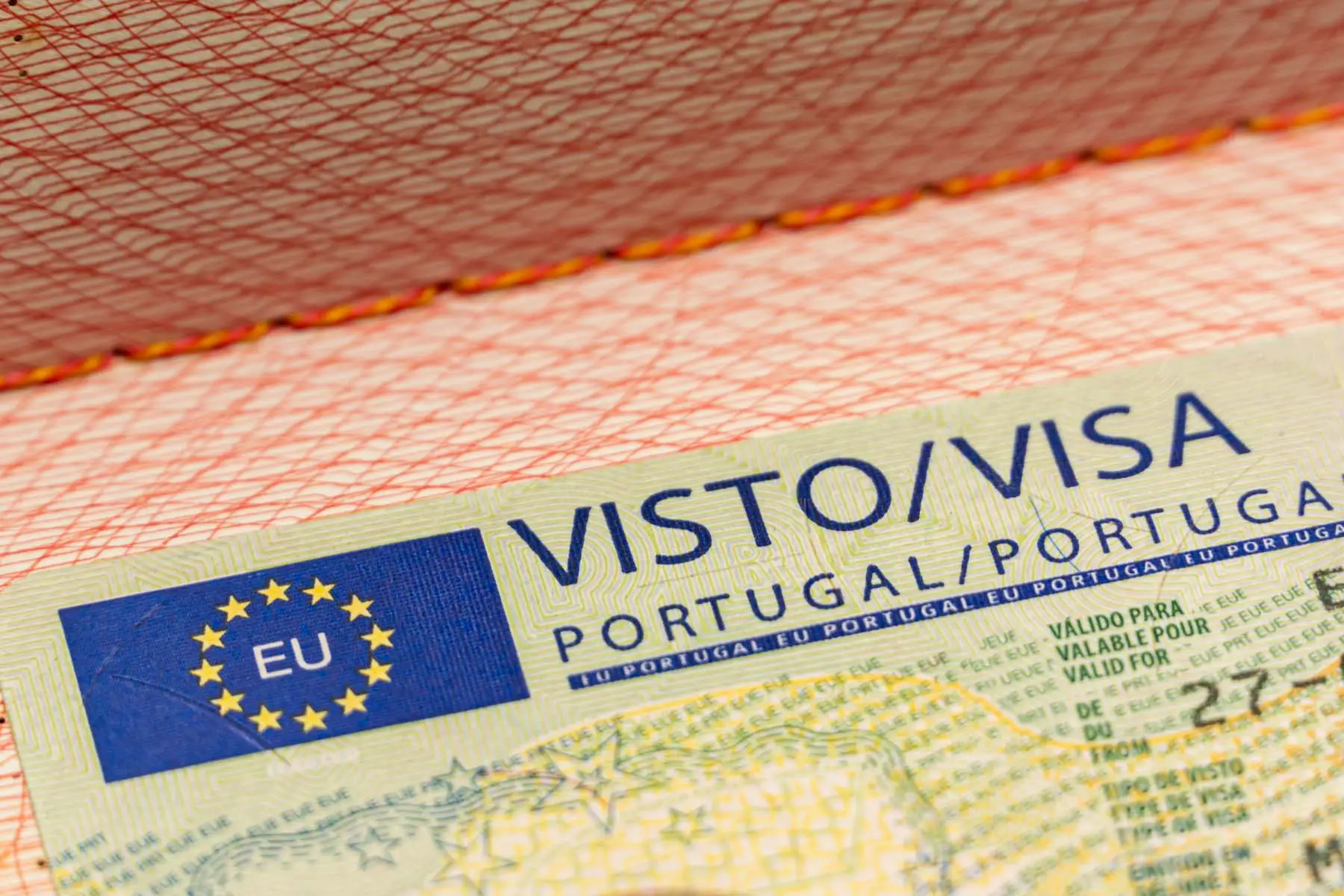If you plan to study in Portugal, you’ll need to organize a few things, including applying for a student visa. That is, if you need it because separate rules apply to citizens from different countries. It will also depend on whether you want to study long-term or only a short course.
To find out if you need a student visa to study in Portugal here is some vital information on the following topics:
- Studying in Portugal
- Who needs a Portugeuse student visa?
- Types of Portuguese student visas
- Short-stay student visa in Portugal
- Temporary-stay Portuguese student visa
- Long-stay Portuguese student visa
- When you arrive to study in Portugal
- Study grants and scholarships in Portugal
- Transferring foreign qualifications
- Working while studying
- Family members joining on a Portuguese student visa
- After your study finishes and your visa expires
- Appeals and complaints about student visas in Portugal
- Useful resources
The Relocator
Planning a new life in Portugal? Give yourself some peace of mind with The Relocator. On their easy-to-use platform, you'll be able to compare your options quickly, getting quotes from some of the biggest names in global relocations. Move abroad confidently with The Relocator.
Studying in Portugal
The Portuguese Agency for Integration, Migrations, and Asylum (Agência para a Integração, Migrações e Asilo – AIMA) deals with all visas and permits, including student visas.
Portugal appeals to international students because of its warm climate, reasonable cost of living, and easy-going lifestyle. It also has several good universities and colleges in its major cities, including three universities in the 2022 Times Higher Education World University Rankings. These are:

The capital city Lisbon also ranks 62 among the world’s top student cities.
Apart from relocating your belongings to Portugal, with a service like ReloAdvisor, it’s essential to check if you need a student visa to study in Portugal.
You may need a visa or permit from outside the European Union (EU) or European Free Trade Association (EFTA – Iceland, Liechtenstein, Norway, and Switzerland). Similar to most EU/EFTA countries, Portugal operates a two-tier immigration system with border controls for most non-EU/EFTA migrants, including United Kingdom (UK) nationals.
Who needs a Portugeuse student visa?
Portuguese student visa rules are similar to those in several other EU countries. You won’t need a student visa if you are an EU/EFTA national. However, if your stay exceeds three months, you must provide a certificate of residence from your local city council.
In contrast, non-EU/EFTA nationals will need a Portuguese student visa and a residence permit if studying for longer than three months. For short study programs lasting less than three months, residents of 61 countries (including Australia, Canada, Japan, and the US) currently don’t need a visa.
UK nationals since Brexit
Since leaving the EU on 1 January 2021 (i.e., Brexit), the UK has been subject to immigration controls in all EU/EFTA countries. British citizens can travel and stay in Portugal for up to 90 days without a visa or permit. However, they will need a Portuguese student visa if studying for longer than three months.
UK nationals already living in Portugal as of 31 December 2020 can apply for a residence permit under the terms of the Brexit Withdrawal Agreement. Read more about the impacts of Brexit on the rights of UK citizens living in or traveling to Portugal on the AIMA website. The AIMA falls under the Portuguese Ministry of Internal Affairs (Ministério da Administração Interna – MAI) and oversees that immigration and asylum practices adhere to constitutional, legal, and governmental guidelines.
Types of Portuguese student visas
Portuguese student visas generally fall into three broad types:
- Short-stay student visas – for any study course lasting three months or less
- Temporary stay student visas – for any courses lasting between three months and a year
- Long-stay student visas – for any study programs lasting longer than one year, which includes all degree and Ph.D. programs
How to apply
The application process and documents needed are the same for all three visas. You will need to apply via the Portuguese embassy or consulate in your home country. Alternatively, you can apply at a visa application center or use the online e-visa service.
You will need to provide the following documents:
- Completed application form
- Two passport photographs
- Passport or valid travel ID
- Confirmation of acceptance (e.g., a letter from the college or university)
- Proof of health insurance covering your stay
- Accommodation details
- Proof of sufficient finances, such as bank statements
- Details of your return flight leaving Portugal

Most decisions on temporary visa applications are made within 30 days of submission. However, in exceptional cases, they may take up to 60 days.
Once in Portugal, you will need to apply for your temporary residence permit at any AIMA bureau. You can also submit your application online if you register an account.
If you enter the country and stay for three months without a visa, you can apply for your student residence permit within the first three months of your stay.
Short-stay student visa in Portugal
The short-stay Portuguese student visa is for any course shorter than three months, for example, short language courses or work training courses. However, you only need to do this if you are from one of the non-EU/EFTA nations with visa entry requirements to Portugal.
Requirements
You will typically need to have been accepted onto a short study course in Portugal to obtain this visa. There may also be additional requirements depending on the program and where you are studying.
Visa costs
Costs for Portuguese short-stay student visas range around:
- €80 for adults and children over 12
- €40 for children aged 6–12
- Free for children under six
- Nationals from Armenia, Azerbaijan, and Russia can apply for €35

The following groups can apply for free:
- Diplomats
- Family members of EU/EFTA nationals
- Pupils and students accompanying teachers during a school trip
- Scientific researchers
- Representatives of non-profit organizations (not older than 25) participating in conferences, cultural or sports events organized by non-profit organizations
The visa fee is non-refundable, and you will pay it when you submit the application.
Visa length
The length of the short-stay visa is 90 days, or a maximum of 90 days within any 180 days. You cannot extend this visa unless there are exceptional circumstances.
Temporary-stay Portuguese student visa
The E6 Temporary-stay visa is for study programs, vocational training, student exchanges, internships, or student volunteering that lasts from 3–12 months.
Requirements
You will need proof of acceptance into a study or training program or placement for exchanges, internships, or volunteering.
Visa costs
You will need to pay €75 for the entry visa (if required) plus around €90 for the temporary residence permit.
Visa length
Visas are typically issued for a maximum of one year and are not renewable.
Long-stay Portuguese student visa
The Portuguese residence visa is valid for longer than 12 months.
For study and education purposes, there are five different visas and permit strands, which are:
- Higher education (i.e., covers all graduate and postgraduate degree courses)
- Researchers (i.e., scientific and academic research)
- Secondary school students (i.e., QNQ level 4–5)
- Trainees
- Student volunteers
Requirements
You will typically need to have already secured a placement at a university or educational institution in Portugal.
Visa costs
You will need to pay €90 for the entry visa (if required) and €108 for the long-term residence permit. You can find a list of all the fees on the AIMA website.
Visa length
Your visa or permit will usually be valid for the duration of your study course, up to five years. Initially, it may only be valid for 12 months but you can extend it if you continue with your course. To clarify, most long-stay visas are renewable as long as you still meet the Portuguese immigration requirements.
When you arrive to study in Portugal
If you are a non-EU/EFTA national staying for longer than three months, you will need to obtain your residence permit from the AIMA, once in Portugal. Conversely, if you are from an EU/EFTA country, you need a registration certificate from your local city council if staying for longer than three months. You should do this no later than four months after arriving.
Other things to consider sorting out once you arrive in Portugal are:
- Getting an NIF from the Portuguese tax authorities
- Registering for Portuguese healthcare
- Opening a bank account in Portugal
- Setting up utilities and telecommunications if you are renting
- Getting a Portuguese mobile phone and SIM card
To make getting a NIF and bank account easier, you could use an online service such as Bordr.
Study grants and scholarships in Portugal
Regardless of whether or not you need a Portuguese student visa, you will have to pay tuition fees to study in Portugal. These can vary as each university is allowed to set its fee scale. Expect to pay between €550 and €2,500 a year for a degree and from €2,500–3,000 a year for a Ph.D. at a public university. However, costs are usually higher for private institutions.

You can look to finance your studies through a grant, scholarship, or loan in Portugal. The Portuguese Directorate-General for Higher Education (Direção-Geral de Ensino Superior, DGES) offers higher education grants for disadvantaged students and those with disabilities. Public universities also offer merit-based scholarships to students with exceptional talent regardless of income. Additionally, many Portuguese banks also provide low-interest student loans.
Other public funding available includes:
- Instituto Camões – provides scholarships for studies that promote and develop the Portuguese language and culture
- Fundaçâo para a Ciência e a Technologia (FCT) – the Foundation for Science and Technology offers research grants in the fields of science and technology
Of course, there is also private funding available. Check with your university or college and the education authorities in your home country about international scholarships. You can also look for grants and scholarships online using resources such as the Scholarship Portal.
Transferring foreign qualifications
Portugal is part of the Bologna Process, set up to enhance the recognition of qualifications between 49 European countries. If you need to get your qualification recognized in Portugal, you should contact the National Academic Recognition Information Center (NARIC), which is part of the DGES. You can also confirm if your qualification needs to be transferred using DGES’ online form.
The DGES will charge a fee for transferring your qualification.
There are three types of degrees and diploma recognitions in Portugal, which are:
- Automatic recognition – this provides a generalized Portuguese equivalent of the qualification. It costs €27.90.
- Level recognition – recognizes the qualification to the corresponding individual level. Costs vary by institution.
- Specific recognition – provides an exact equivalent that considers the specialization, duration, and program content. Costs vary by institution.
Find more general information on foreign qualifications in Portugal on the ENIC-NARIC website.
Working while studying
You can work on a Portuguese student visa without needing any additional permits. However, you should inform the AIMA before starting any employment in Portugal.

Although EU/EFTA nationals can work unlimited hours in Portugal, non-EU/EFTA students are restricted to 20 hours per week of employment during term time. However, they can work full-time hours during the school holidays.
If you work to support your studies in Portugal, you may have to pay income tax and social security, depending on how much you earn. If you are on a scholarship or grant funding your living costs while in Portugal, check the terms and conditions to ensure that taking up employment is permitted.
Family members joining on a Portuguese student visa
The following family members can join those on a Portuguese student visa or permit:
- Spouses and partners
- Children under 18
- Dependent children over 18
Family members can apply together with the relative coming to study in Portugal or later on by applying for a separate D6 family reunion visa. Either way, they will need to pay different fees and provide their own documentation.
In general, relatives joining international students in Portugal have the same rights as the student (e.g., the right to work). Their visa/permit will be valid for same amount of time as the student visa.
After your study finishes and your visa expires
If you want to apply for a permit to stay in Portugal after your study finishes, you need to do so within 30 days of your Portuguese student visa/permit expiry date, or your application may be refused.
Non-EU/EFTA nationals who want to stay on after their Portuguese student visa expires will need an offer of suitable employment to extend their residence. Their permit will need to be changed to a residence permit for work purposes or self-employment (i.e., if they wish to become a freelancer or start a business).
If you are a highly-skilled worker from non-EU/EFTA countries, you can also apply for the EU Blue Card.
Appeals and complaints about student visas in Portugal
If you wish to complain about a visa decision, you can lodge an appeal with the AIMA or the Portuguese embassy or consulate where you submitted your application. You should do this within 15 days of the first application outcome.
If you are still unhappy with the decision, you can take the matter to either:
- The Portuguese Ministry of Foreign Affairs (Ministério dos Negócios estrangeiros – MNE)
- The administrative courts in Portugal
You need to do this within three months. These options are not mutually exclusive. For example, you can file a complaint concurrently with the Ministry of Foreign Affairs and the Portuguese administrative court.
Useful resources
- Agency for Integration, Migrations, and Asylum (AIMA) – the Portuguese immigration agency dealing with all visa and residence permit applications
- Ministry of Foreign Affairs – information on short-stay and long-stay visas in Portugal
- Novo Portal E-Visa – online visa application







